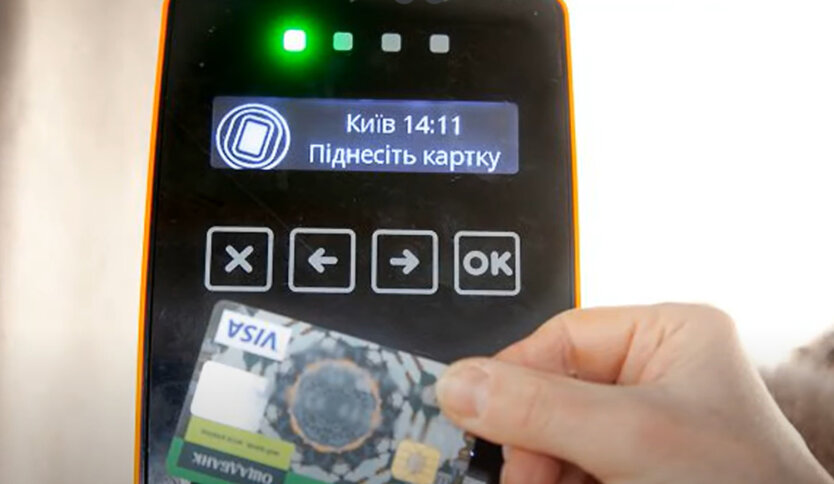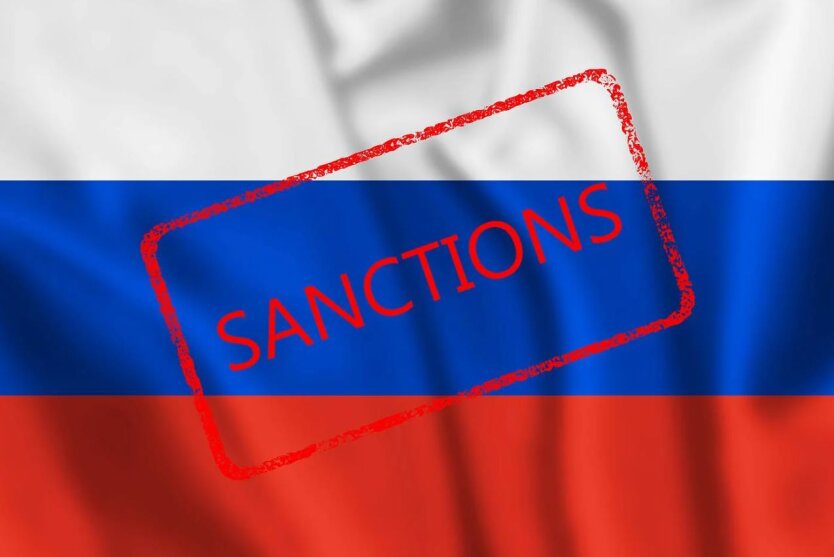How it works: new public transport fare rules are being tested in Kyiv.


The KCSA has started testing a new fare payment system for public transport in the capital. This was announced by the Deputy Head of the KCSA and Head of Digital Transformation of Kyiv, Petro Olenych. The new system allows passengers to travel without physical tickets, and the payment is made through a special mobile application.
This innovation allows for the abandonment of traditional validators in vehicles, simplifying the payment process and reducing equipment maintenance costs.
The system is currently being tested on several Kyivpastrans routes. The payment process is as simple as possible for passengers: upon entering the vehicle, it is necessary to open a special application on the smartphone, select the "Fare payment" option, then the passenger scans the QR code, and after that, a choice of payment method is provided. The app generates a unique QR ticket, which serves as proof of payment during the controller's inspection.
The ticketless fare system belongs to a separate enterprise that has already successfully established both the legal and technical aspects of the operation. This ensures a high level of reliability and legality of the new payment system.
It is important to remember that administrative liability for fare evasion is in effect in Ukraine, so passengers are advised to pay for their trips on Time through the new program. During ticket checks, controllers are required to present their official IDs, and in case of a fine, issue a receipt of the established form.
Read also
- The Harshest Package of Restrictions: The European Union will deliver four sanctions strikes against Russia
- Putin rejected the peace plan of the US, Ukraine, and Europe: FT learned the details
- Russia cynically struck a bus in Sumy region: many dead and injured
- Russia prepares to seize islands in the Dnipro
- The Armed Forces have cleared 95% of the village of Bahatyr in Donetsk region
- Checking for Affiliation with the Russian Federation. The Cabinet approved a key document for churches










